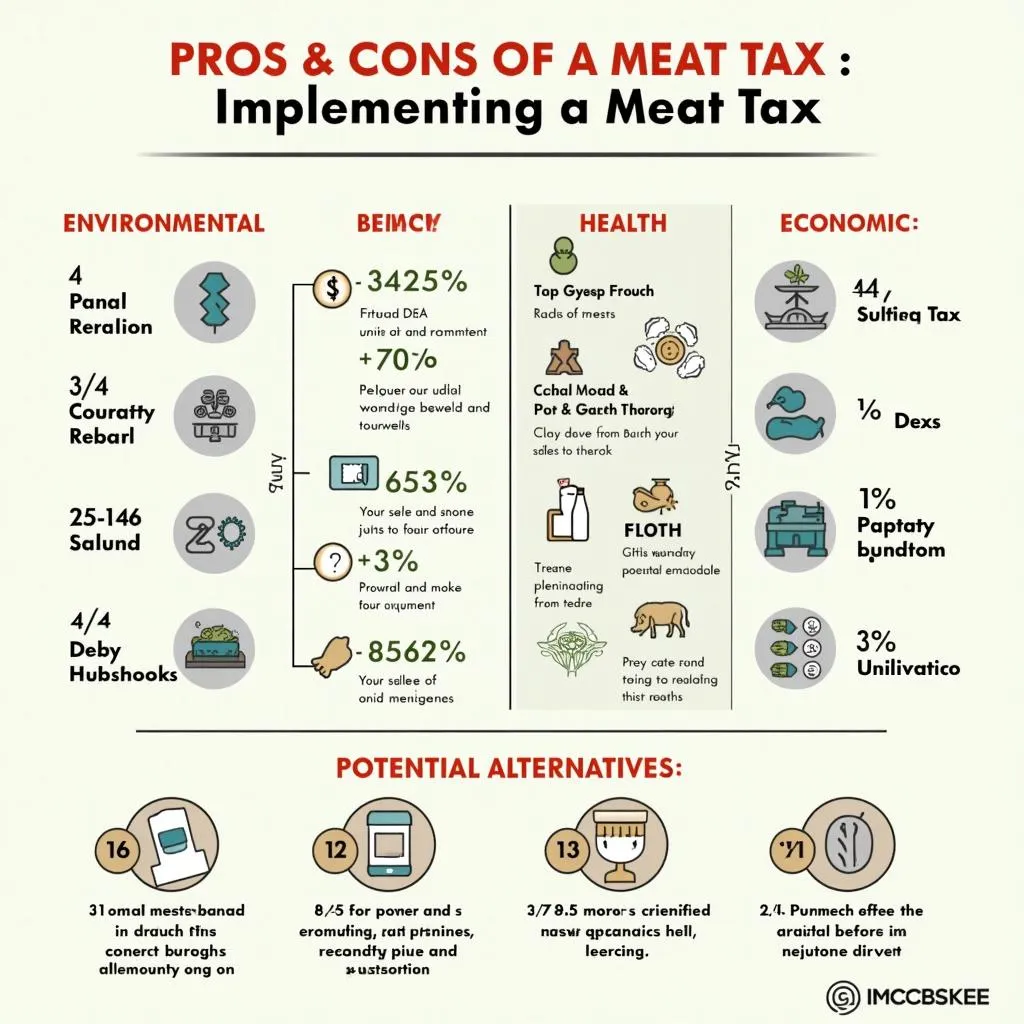The topic of government subsidies for public housing targeting low-income families is a recurring theme in IELTS Writing Task 2. Based on analysis of past exams and current trends, this subject has a high probability of appearing in future tests. Its relevance to social welfare policies and urban development makes it a prime candidate for assessment. Let’s examine a specific question that has appeared in recent IELTS exams:
Nội dung bài viết
Some people believe that governments should provide housing for people who cannot afford it themselves. Others think this is not the government’s responsibility. Discuss both views and give your opinion.
This question directly addresses the debate on importance of affordable housing in combating poverty and the role of government in providing such housing. Let’s analyze the question and provide sample essays for different band scores.
Question Analysis
This question requires candidates to:
- Discuss arguments for government provision of housing
- Discuss arguments against government involvement in housing
- Provide a personal opinion on the issue
A balanced approach is necessary, covering both perspectives before presenting a well-reasoned personal view.
Sample Essay 1 (Band 8-9)
Housing is a fundamental human need, and the question of whether governments should provide it for low-income individuals is a contentious issue. While some argue that it is the state’s responsibility to ensure adequate housing for all citizens, others contend that this falls outside the purview of governmental duties. This essay will examine both viewpoints before presenting my own perspective.
Proponents of government-subsidized housing argue that it is essential for social stability and economic development. They contend that providing affordable housing can break the cycle of poverty, allowing low-income families to allocate more resources to education and healthcare, ultimately leading to upward social mobility. Moreover, government intervention in the housing market can help regulate prices and prevent the formation of slums, contributing to more balanced urban development.
On the other hand, critics of this approach argue that government provision of housing is an overreach of state power and an inefficient use of public funds. They believe that the free market should dictate housing prices and availability, asserting that government intervention distorts market forces and can lead to dependency on state support. Furthermore, they contend that taxpayers should not bear the burden of providing housing for others, and that individuals should be responsible for their own accommodation.
In my opinion, while personal responsibility is important, governments have a crucial role to play in ensuring access to affordable housing. The societal benefits of stable housing – including improved health outcomes, better educational attainment, and reduced crime rates – far outweigh the costs of public housing initiatives. However, I believe that a balanced approach is necessary. Governments should focus on creating policies that incentivize private sector involvement in affordable housing, such as tax breaks for developers who include low-income units in their projects. Additionally, public-private partnerships could be an effective way to leverage resources and expertise from both sectors.
In conclusion, the provision of affordable housing is a complex issue that requires nuanced solutions. While governments should not be solely responsible for housing all low-income individuals, their involvement is crucial in creating a framework that ensures access to decent housing for all members of society. A collaborative approach involving government, private sector, and community organizations is likely to yield the most effective and sustainable results.
(Word count: 366)
 Government subsidized housing in urban development
Government subsidized housing in urban development
Sample Essay 2 (Band 6-7)
The issue of whether governments should provide housing for people who can’t afford it is a topic of much debate. There are valid arguments on both sides, and this essay will discuss these views before giving my own opinion.
Those who support government-provided housing say it’s important for helping poor people. They argue that everyone needs a place to live, and if people can’t afford homes, the government should help. This can stop people from becoming homeless and help families have a better life. Also, when people have good homes, they can focus on other things like education and work, which is good for society.
However, others think the government shouldn’t be responsible for housing. They say that it’s not fair for taxpayers to pay for other people’s homes. They believe that people should work hard and save money to buy their own houses. These people also think that if the government provides housing, it might make people lazy and dependent on help.
In my opinion, I think the government should help with housing, but not completely provide it for everyone. They could offer some support, like giving loans with low interest rates or helping to build more affordable houses. This way, people still need to work for their homes, but they get some help if they really need it.
To conclude, while there are good points on both sides, I believe a balanced approach is best. The government should play a role in making housing more accessible, but individuals should also take responsibility for their own living situations.
(Word count: 267)
Sample Essay 3 (Band 5-6)
Some people think the government should give houses to poor people, but others don’t agree. I will talk about both ideas and then say what I think.
People who want the government to give houses say it’s good because poor people need help. If they have a house, they can live better and maybe get a job. Also, it stops people from living on the streets, which is bad for cities.
But other people think it’s not the government’s job. They say it costs too much money and that people should work to buy their own houses. They think if the government gives free houses, people might get lazy.
I think both sides have good points. Maybe the government can help a little bit, but not give free houses to everyone. They could make it easier for people to buy houses or build more cheap houses.
In the end, I think the government should help with housing, but people should also try to help themselves. This way, everyone works together to solve the problem.
(Word count: 161)
Explanation of Band Scores
Band 8-9 Essay:
- Fully addresses all parts of the task
- Presents a well-developed response with clear progression
- Uses a wide range of vocabulary and grammatical structures with flexibility and precision
- Demonstrates sophisticated control of language with only occasional minor errors
Band 6-7 Essay:
- Addresses all parts of the task, though some aspects may be more fully covered than others
- Presents a relevant position, though conclusions may become unclear or repetitive
- Uses an adequate range of vocabulary and grammar, with some errors that do not impede communication
- Shows some evidence of coherent paragraphing
Band 5-6 Essay:
- Addresses the task only partially, with limited development of ideas
- Presents a position, but the conclusion is unclear or not well supported
- Uses a limited range of vocabulary and simple grammatical structures
- Contains noticeable errors that may cause some difficulty for the reader
Key Vocabulary
- Subsidize (verb) /ˈsʌbsɪdaɪz/ – to support financially
- Affordable (adjective) /əˈfɔːrdəbl/ – reasonably priced
- Low-income (adjective) /ləʊ ˈɪnkʌm/ – earning little money
- Public housing (noun) /ˈpʌblɪk ˈhaʊzɪŋ/ – government-supported accommodation
- Social mobility (noun) /ˈsəʊʃl məˈbɪləti/ – movement between social classes
- Urban development (noun) /ˈɜːrbən dɪˈveləpmənt/ – growth and improvement of cities
- Incentivize (verb) /ɪnˈsentɪvaɪz/ – to encourage or motivate
- Public-private partnership (noun) /ˈpʌblɪk ˈpraɪvət ˈpɑːtnəʃɪp/ – cooperation between government and private businesses
 Affordable housing and community development
Affordable housing and community development
Conclusion
The topic of government subsidies for public housing remains a crucial issue in IELTS Writing Task 2. As demonstrated in the sample essays, this subject allows candidates to showcase their ability to discuss complex social and economic issues. To prepare for future exams, consider practicing with similar topics such as:
- The impact of housing policies on social inequality
- The role of private sector in providing affordable housing
- Balancing urban development with housing affordability
Remember, the key to success in IELTS Writing Task 2 is to address all parts of the question, provide well-supported arguments, and demonstrate a good command of English language. Practice writing essays on this topic and share your attempts in the comments section below for feedback and improvement.


